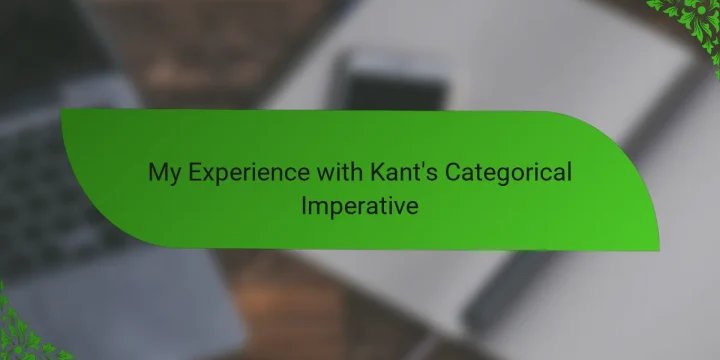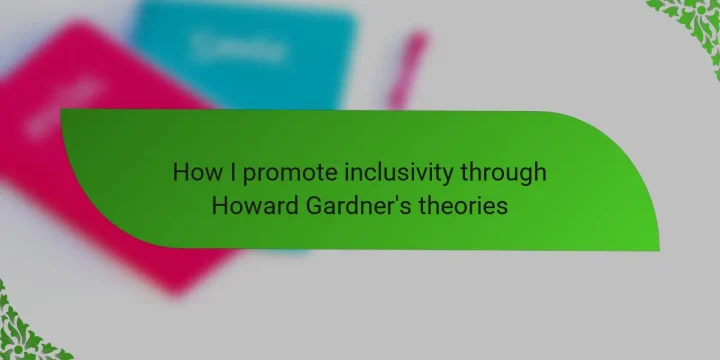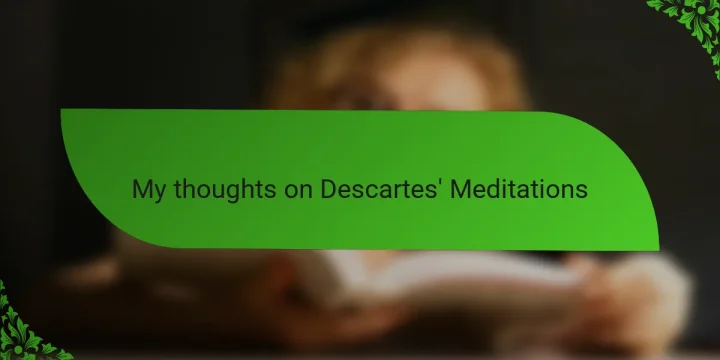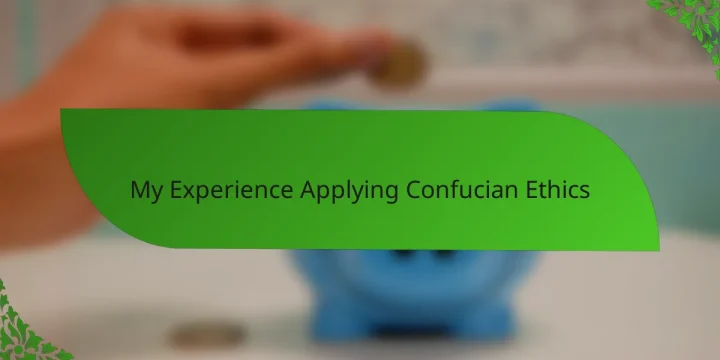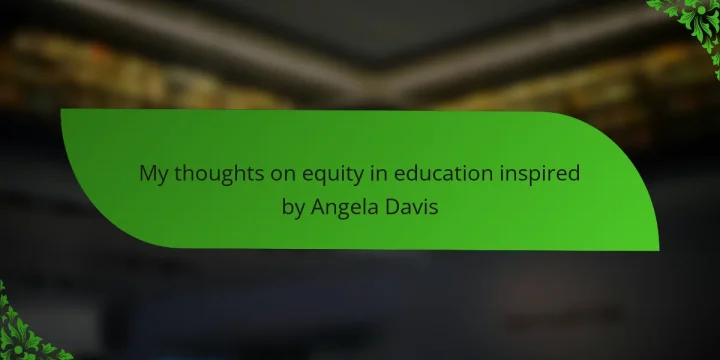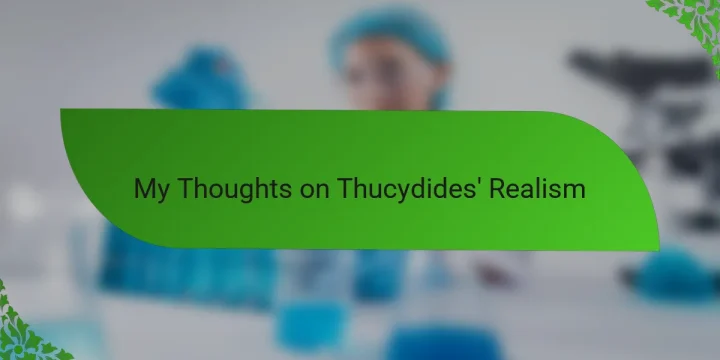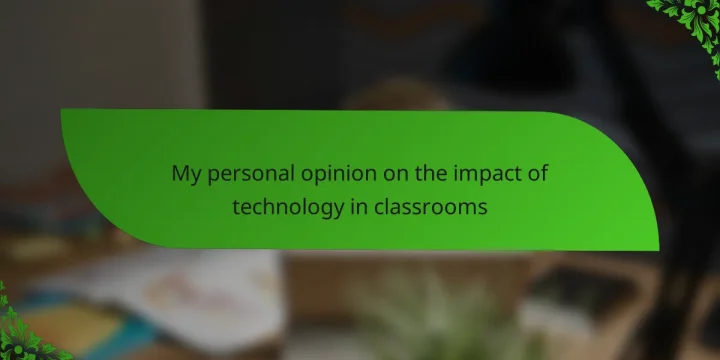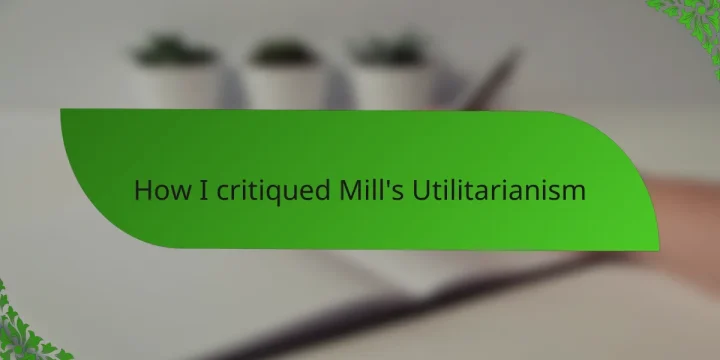
Key takeaways Utilitarianism focuses on maximizing overall happiness but faces challenges in measuring happiness and addressing individual rights. John Stuart Mill distinguishes between higher and lower pleasures, emphasizing the quality of happiness in moral considerations. Critiquing philosophical theories, like Mill's utilitarianism, involves examining real-life scenarios and contrasting them with alternative ethical frameworks. Effective critique in philosophy promotes patience, exploration of uncertainty, and ongoing dialogue rather than merely identifying flaws. Understanding Utilitarianism in Philosophy When I first encountered utilitarianism, I was struck by its simple appeal: the idea that the best action is the one that maximizes overall happiness. It seemed straightforward, almost too good to be true. But does measuring happiness really capture the full complexity of human experience? Utilitarianism, especially as articulated by John Stuart Mill, emphasizes consequences and…
